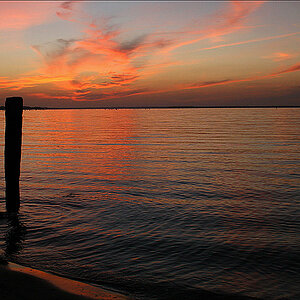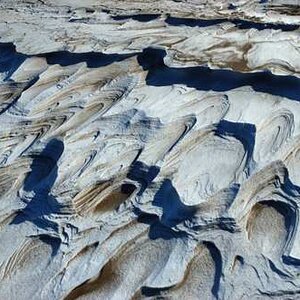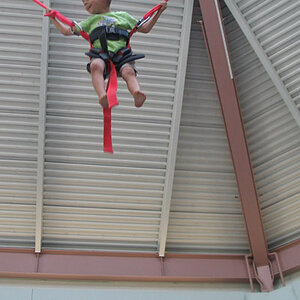Tinkgrrbell
TPF Noob!
- Joined
- Jun 15, 2006
- Messages
- 38
- Reaction score
- 0
- Location
- Washington
- Website
- www.myspace.com
- Can others edit my Photos
- Photos OK to edit
Hi there,
I am new to photography and would like to learn a little bit more about it. I have a basic Pentax A3000 and am looking into getting some zoom lenses for it; now I know good pictures can come from that camera but will they look ok if developed and put on a disk? I'd like to upload my pictures taken with the Pentax but it seems like they might end up pixelated or only be veiwable as a 4"x6". Is this true?
If I do decided to go digital, what would be a good set up for a beginner? I'd like to keep it under $500.
Thanks very much! I appreciate everyones opinions.
I am new to photography and would like to learn a little bit more about it. I have a basic Pentax A3000 and am looking into getting some zoom lenses for it; now I know good pictures can come from that camera but will they look ok if developed and put on a disk? I'd like to upload my pictures taken with the Pentax but it seems like they might end up pixelated or only be veiwable as a 4"x6". Is this true?
If I do decided to go digital, what would be a good set up for a beginner? I'd like to keep it under $500.
Thanks very much! I appreciate everyones opinions.



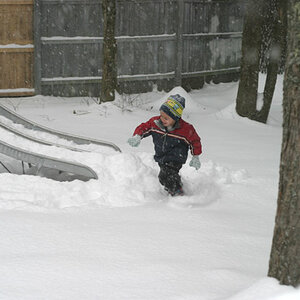

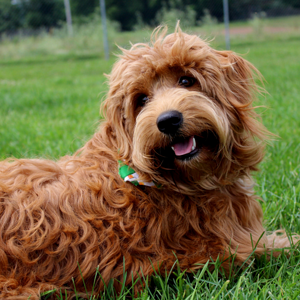
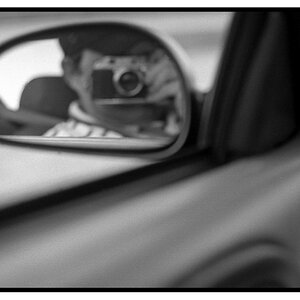
![[No title]](/data/xfmg/thumbnail/32/32716-bd7f0a0030263f160d995f8547043458.jpg?1619735621)


